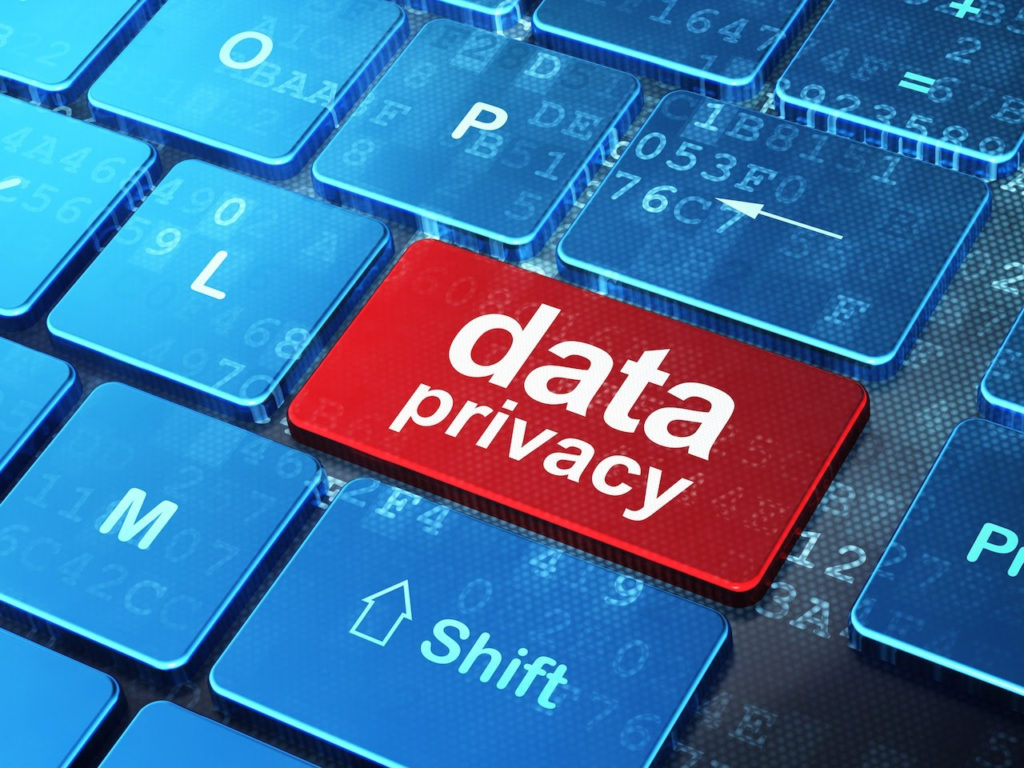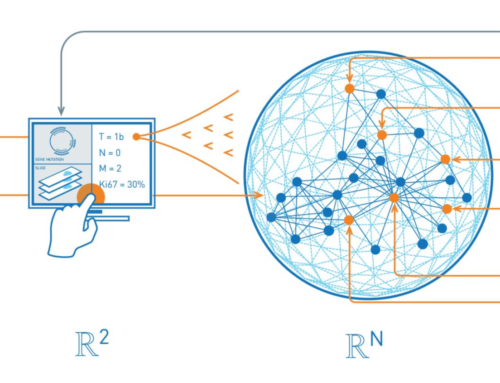Understanding Data Privacy:
Data privacy issues are major topic in eDiscovery. It can be hard to know exactly what is required by law when it comes to protecting client information. The eDiscovery process should be handled differently than regular work.
First, what is eDiscovery? It is gathering electronically stored information (ESI). Some examples of ESI are emails, text messages, spreadsheet, photos, and databases. Data privacy is important throughout the eDiscovery process. What is data privacy? It is an individual’s right to privacy and it is protected by various laws and constitutional rights. Basically, private information should be kept private unless the person gives permission for the information to be made public. There are a few exceptions like when access is required by law or a government agency. Even if a person consents to sharing private information, that consent can be revoked at any time. Often times, litigation cases involve sensitive information which is why data privacy is crucial to the eDiscovery process.
There are two main concerns about privacy violations. The first concern is what happens if there is a data breach and personal data is stolen or released. The second concern is what happens when privacy laws are accidentally violated by mishandling information during eDiscovery. Whether accidental or not, customer and client information is exposed.
What can be done to prevent data privacy violations? First, it is vital to be aware of the personal information that is on file. It is also important to keep that information secure. Some ways to prevent data privacy violations are: not providing too much information on social media, being careful with email, not using public computers to access sensitive information, changing passwords often, and reviewing privacy policies before downloading apps.
Regardless of how someone does it, understanding data privacy and reducing eDiscovery risks is a good practice. Most organizations have control over what happens during the early stages of eDiscovery. This means the organization may decide not to collect certain type of information or not save particular information at all. eDiscovery is steadily improving with data privacy guidelines. Individuals and organizations need to understand privacy laws and the compliance needed to avoid data breaches.
For more Tidbits & Thoughts, please click here.






